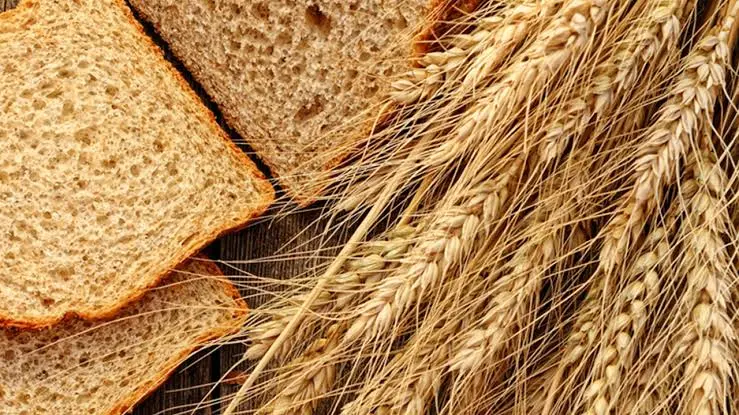Industry leaders have urged the Federal Government to act quickly and decisively to mitigate the consequences of the global wheat market disruption on Nigeria’s wheat value chain.
Following the war between the two main wheat-exporting countries – Russia and Ukraine – the analysts made the prediction in a published evaluation of the global wheat market.
According to the analysis, the wheat value chain is still suffering from many value chain problems, including a lack of foreign exchange, rising freight costs, and a spike in the price of diesel, all of which have been exacerbated by the war.
Flour millers have struggled to keep up with growing manufacturing costs and limited local wheat yields. The growing costs have impacted bakers, as well as the difficulty and expense of living of hard-pressed local customers who continue to face the brunt of price increases in wheat derivative meals and home essentials.
Millers and bakers, according to experts, are under severe financial pressures as the price of the crucial grain continues to rise in the worldwide market and freight costs have exploded out of control.
According to the analysis, the global price of wheat increased to $1,000 a bushel in March 2022 from $761.25 in January. Furthermore, millers are likely to spend more on shipping the commodity from exporting countries, with a combined freight bill projection of N28.8 trillion in 2021, up from N21.6 trillion in 2019.
“Because demand for wheat-based products is rather price-elastic, the burden of any additional cost increases is borne mostly by millers and bakers,” according to the paper. The growing trend in global wheat and freight costs continues to frustrate millers, who have long absorbed the cost burden in order to keep retail prices consistent and avoid passing on the expenses to poor consumers who rely primarily on wheat-derived items such as bread to sustain their households.
Following the war between the two main wheat-exporting countries – Russia and Ukraine – the analysts made the prediction in a published evaluation of the global wheat market.
According to the analysis, the wheat value chain is still suffering from many value chain problems, including a lack of foreign exchange, rising freight costs, and a spike in the price of diesel, all of which have been exacerbated by the war.
Flour millers have struggled to keep up with growing manufacturing costs and limited local wheat yields. The growing costs have impacted bakers, as well as the difficulty and expense of living of hard-pressed local customers who continue to face the brunt of price increases in wheat derivative meals and home essentials.
Millers and bakers, according to experts, are under severe financial pressures as the price of the crucial grain continues to rise in the worldwide market and freight costs have exploded out of control.
According to the analysis, the global price of wheat increased to $1,000 a bushel in March 2022 from $761.25 in January. Furthermore, millers are likely to spend more on shipping the commodity from exporting countries, with a combined freight bill projection of N28.8 trillion in 2021, up from N21.6 trillion in 2019.
“Because demand for wheat-based products is rather price-elastic, the burden of any additional cost increases is borne mostly by millers and bakers,” according to the paper. The growing trend in global wheat and freight costs continues to frustrate millers, who have long absorbed the cost burden in order to keep retail prices consistent and avoid passing on the expenses to poor consumers who rely primarily on wheat-derived items such as bread to sustain their households.
Jude Okafor, the National Secretary-General of the Association of Master Bakers and Caterers of Nigeria (ABCON), said in a recent interview that the 15% cassava levy should be abolished: “We had earlier made a petition to the government to eliminate the 15% wheat (cassava) charge.”
Notably, the 15% cassava levy was intended to boost local cassava output to the point where cassava flour could be substituted for wheat flour in most bakery recipes.
However, experts claim that since the cassava substitution policy and levy were implemented, there has been no major improvement in the cassava value chain. The experts urged the Nigerian government to reconsider the lifting of the 15% wheat import tariff, citing the Ukraine situation and the global food crisis as reasons. “This is vital to prevent a larger supply chain collapse and recession,” they said.



